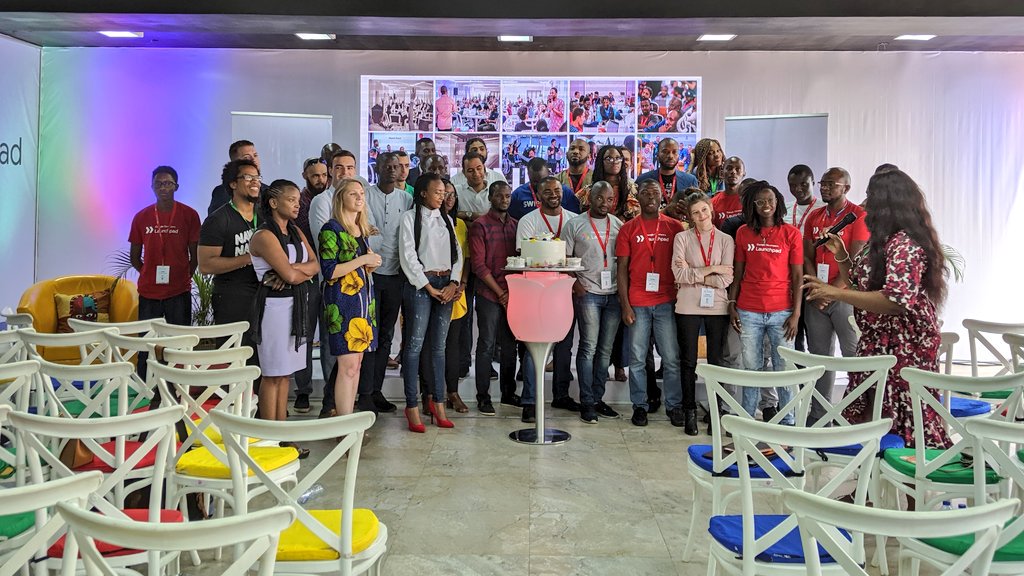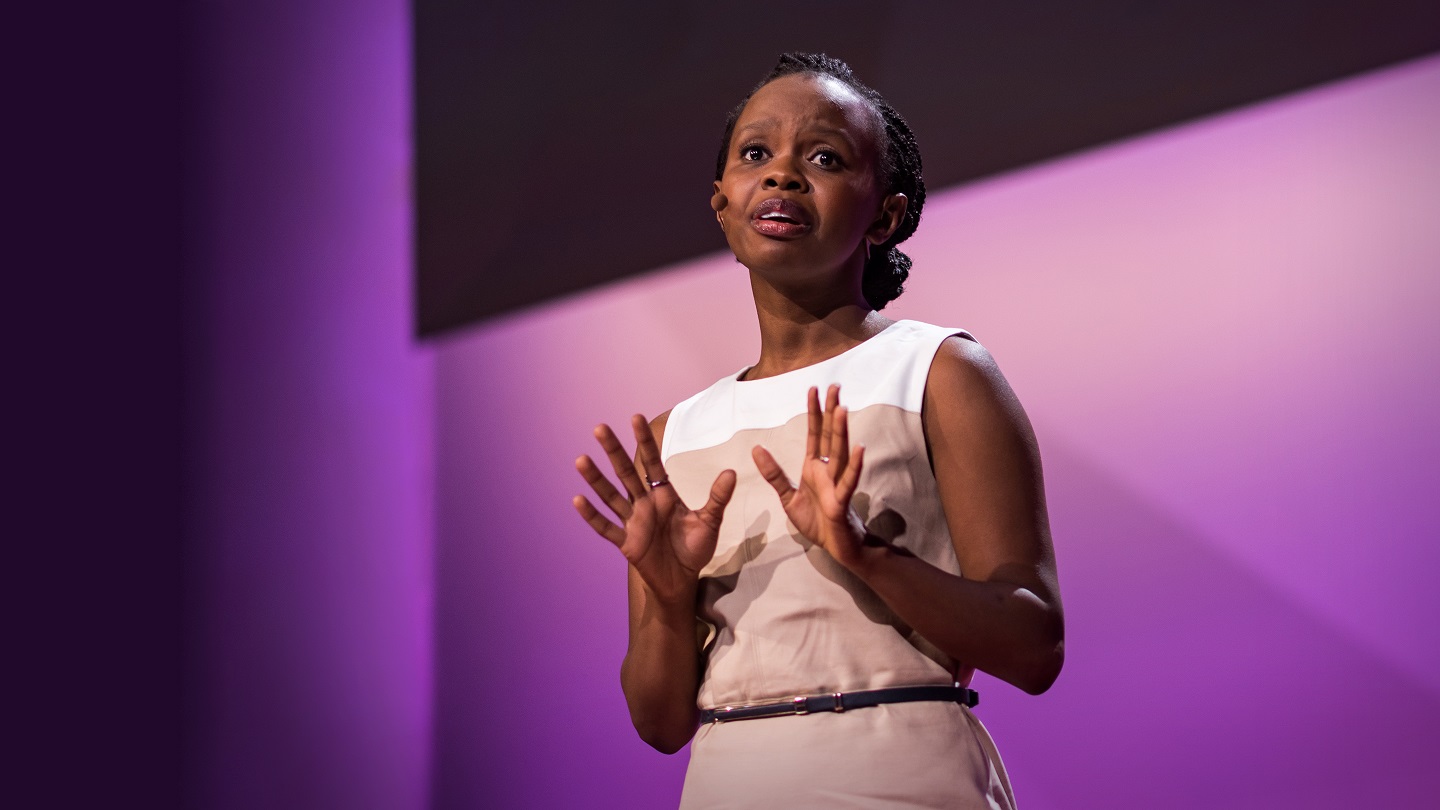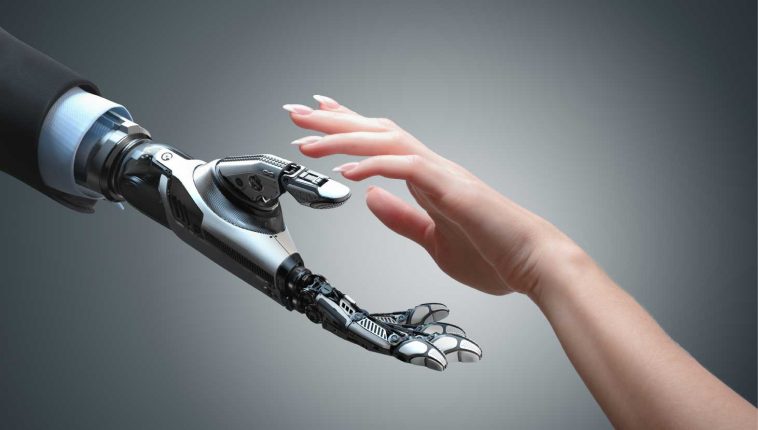TechInAfrica – Artificial intelligence development in Africa has been flourishing for quite some time, with a vast number of laboratories constantly making improvements and breakthroughs in the field of machine-learning mechanics. In 2013, Data Science Africa—an annual workshop for sharing resources and ideas—was arranged by a group of researchers and professionals of the field. Later, in 2017, Deep Learning Indaba was formed, with their mission to strengthen African machine learning. This year, they even aim to see 700 members of Africa’s artificial intelligence community for a week-long event of teaching, research, exchange, and debate around the state-of-the-art in machine-learning and artificial intelligence. Along with them, international tech companies such as Google and IBM have also contributed in the advancement of AI research in Africa, opening laboratories, offices, and conferences all across the continent. Additionally, universities has also facilitated research for its students and local citizens.

From time to time, activities related to AI research has always been concentrated in wealthy parts of the world—some might even say it first-world countries—which leads to the lack in diversity and eventually swaying from technology’s true purpose: solving global-scale problems like education, poverty, and healthcare. With Africa now aiming to be the pioneer of technology research—not just AI—it seemed that a proper implementation of applied science is in order.
Google, for instance, began working with farmers of rural Tanzania back in June 2018 when they complained about inconsistent food production mostly due to crop disease. Shaza Mehdi and Nile Ravenell, two high school students at that time were developing PlantMD—which can detect diseases in plants using Google’s open source machine-learning model. Nuru, an app courtesy of PlantVillage, also assisted farmers to grow and cultivate cassava. Cassava itself is a common commodity in Africa, consumed by over half a billion people daily.
You can watch the documentary below:
Charity Wayua, a Kenyan chemist and researcher, deemed that technology and its development are only the first half of the equation. The other half is seeing and understanding the problems, as well as being able to implement science and engineering in order to objectively bring a proper answer to the table. Once a research project has broken free of its prototype stage, the next part would be getting potential users to put them into practice. One way to know whether your newly-designed technology does work, is to maintain a good relationship with the users and let them send you feedbacks.
With countless educational opportunities regarding research and development exploration, Africa welcomes some of the best AI researchers around the world to tutor young African geeks on grasping the nation’s AI field in the near future. Being the most linguistically diverse place on Earth, Africa holds an abundance of talent—mainly in the sector of science and engineering—that must be equipped with the proper knowledge, mindset, and wisdom needed to transform the continent and build their own future.

Albeit seemed like a steep, tough challenge, solving staggering issues like affordable health care, inclusive financial systems, and strengthened food security have been the dream of almost every single African—researchers and investors alike. Whether people know it or not, Wayua regarded that the future of machine-learning is in the hands of African citizens.
Source: technologyreview.com





